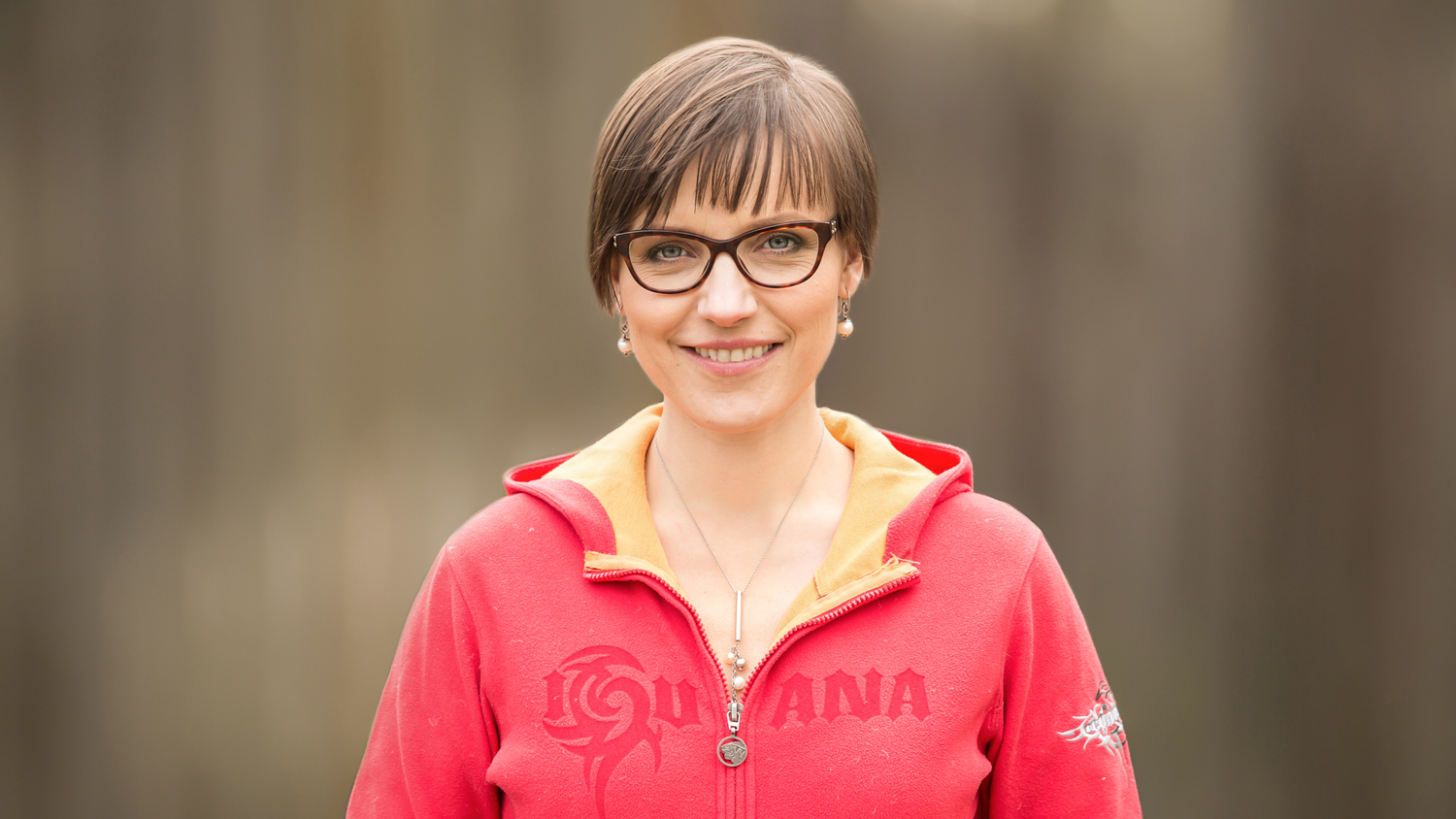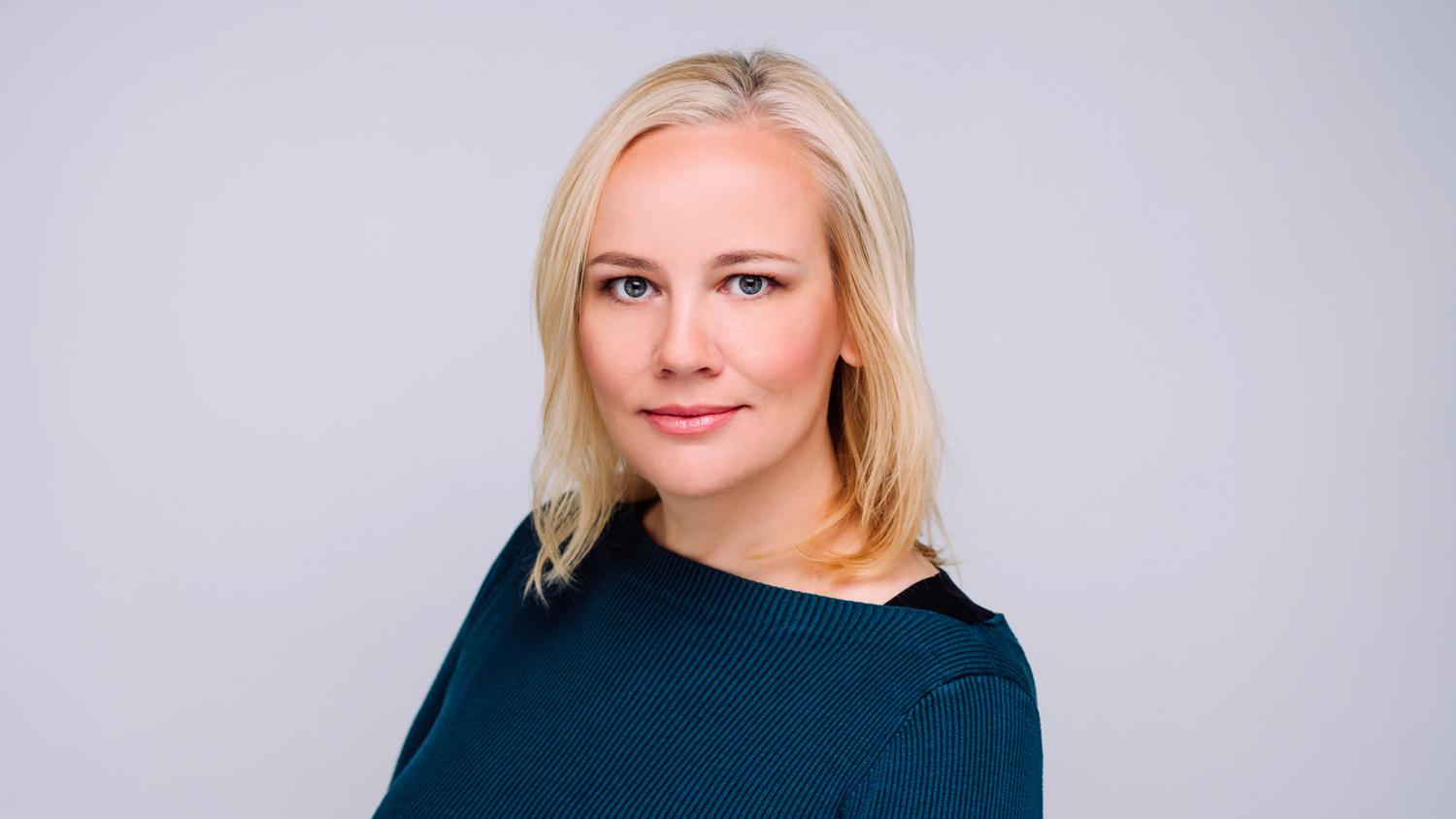Anneli Ohvril is one of the founders of the world’s largest environmental organization, Let’s Do It World. In addition, she is an environmental advocate, a circular economy and social change expert, and is dedicated to creating a positive impact on a daily basis.
What have been the main learning points in involving so many countries?
Let’s Do It World is the largest environmental organization in the world, represented in 164 countries. Leading such an organization requires something that brings people together. And what unites countries is the World Cleanup Day. Picking up trash is accessible to everyone. Although picking trash up might seem like a simple activity, it possesses a strong and powerful force of collaboration that brings different sectors together and catalyzes societal changes. Keeping the concept of world cleanup simple, humane, and achievable, and acknowledging it as a catalyst for change, is one of the greatest challenges.
Which countries are the most advanced in waste management and environmental preservation, with interesting solutions?
Countries’ capacities for dealing with environmental issues vary. I myself have been greatly inspired by Slovenia, which engaged 14% of its population in the World Cleanup Day. After that, Ljubljana became the first capital in Europe to set the direction towards zero waste and a circular economy. Indonesia also inspires me – with 17,000 islands and a thousand different languages, they don’t have a unified waste management system. Yet, they brought 3% of their population to the World Cleanup Day, constantly seeking new viable solutions. Mozambique is noteworthy, as they rallied over two million people to pick up trash in a single day, creating change with the involvement of children and youth. In Europe, I’m keeping an eye on the Netherlands, Germany, and our neighboring Finland’s initiatives. Good and exciting solutions can be found in every country; the question is how to scale them worldwide.
There are many innovations and solutions, but no real actions. Why is that so?
We need systemic change, but every system fights for its survival. Any changes that disrupt the system face resistance.
In reality, we already see how new initiatives undermine the existing ones. Values and daily practices are shifting, but given the situation, changes should happen faster.
We all have an evolutionary resistance to change ingrained in us. The existing situation is familiar and therefore safe. Everything new is unknown and potentially dangerous. Hence, as humans, we need to overcome our fear of maintaining the status quo.
Undoubtedly, the current competition-based economic system also plays a role, minimizing collaboration. Circular economy, however, is built on cooperation and the belief that I do well when everyone does well. This requires a significant shift in mindset, which might seem insurmountable to individuals accustomed to competition.
We must start working in a way that not only consumes the environment but contributes to its biodiversity. However, changes in values and social norms take time. We need a critical mass of people who believe that a cooperative future and circular economy are possible. Once that happens, things will start moving, and a decisive shift will occur, where new solutions find fertile ground.
How dark does our future currently seem?
From the headquarters of World Cleanup Day in Tallinn, calls are made to all countries every year to get an overview of what’s happening there. On the latest World Cleanup Day, September 17, 2022, a significant number of countries were unable to fully organize the cleanup day due to extensive floods, extremely high temperatures, or very strong storms. Nothing like this has happened before. This fact brought home the realization that the world and the environment have already changed and are changing even more.
Even at the European Union level, the focus has shifted from combating climate change to adapting to it. Therefore, it’s not surprising that an increasing number of people around the world are experiencing anxiety and stress due to environmental changes. This particularly affects researchers, students, and citizen activists engaged in climate and environmental issues. However, it’s important to distinguish between so-called bad and good stress. In the former case, we may give up and stop trying. In the latter case, it becomes a driving force to initiate change. I hope that the growing anxiety and positive stress will prompt humanity to find solutions more rapidly.
What is your vision of a saved planet?
I believe in a waste-free and healthy world, and I am certain that it’s achievable. Moreover, we don’t have to compromise our quality of life to achieve it. However, it requires that all of us want to do it, that we want such a world. A world where competition is replaced by collaboration, success is defined through societal contribution, and wealth is measured by spirituality and non-possession.
In this new world, there’s no term like “waste,” because in nature, waste doesn’t exist. Everything left over becomes the beginning of a new life. Currently, humans are the only species on this planet that constantly generates waste that doesn’t decompose or break down and, worse yet, spreads death over hundreds of years.
By the way, the planet doesn’t need saving; humanity does. As David Attenborough put it, the planet will continue. The question is whether it will be with us or without us.
Where does your drive for saving the world and social responsibility come from?
I’m motivated by problems, especially societal ones. Even back in the early 2000s, when I worked in an advertising agency, I was drawn to social campaigns that inspired me to find solutions. Starting with Let’s Do It in 2008, I’ve mainly focused on environmental issues because I see them as the most pressing at the moment. Over the past 15 years, I’ve been engaged in various aspects of environmental topics and how to change people’s behavior, how to nudge them towards more environmentally friendly actions.
I grew up on a farm. There, a holistic ecosystem functioned, and it’s ingrained in me that we can’t play with nature. We can’t endlessly consume nature; we must learn to be a part of it and contribute to the growth of biodiversity.
Do you have any advice on what people can do on a daily basis for the environment?
Many believe that they’re just one small person who can’t make any impact, that it’s the big corporations and governments that need to fix things. However, current environmental changes are so complex that everyone needs to find where their influence can have the greatest impact.
It might be giving up disposable coffee cups, plastic bags, or using the car less. It could be setting an example by repairing things instead of throwing them in the trash. As a parent, you have a significant role in shaping your children’s environmentally friendly values. As a business leader, you can analyze your company’s footprint and design the post-consumer lifecycle of your products, even considering a time when the product might not be owned by the company anymore. We all have different areas where we can make an impact, and only when we all change together, the significant change will occur. The key is that if only one sector or group changes, they can’t go far, because the whole system needs to change. It often happens that people get discouraged when they realize they can only change up to a certain point because they hit a “wall.” Today, no contribution is too small. You just have to start somewhere, and new opportunities will open up along the journey.
How long might it take for our mindset to change?
Stephen Hawking said before his death that humanity has about a hundred years left to move to a new planet. I believe that if we collectively take action, we can also preserve our planet as a livable place for both humans and all life. We’ve recently experienced that humanity can come together and take action quickly when the situation is serious.
Understanding the urgency of the matter is one stumbling block. Environmental changes are significant but relatively slow. It reminds me of of the story of boiling frogs alive. You put them in cold water and slowly increase the heat. While the frogs feel the water getting warmer, they don’t jump out of the pot until it’s already too late. Doesn’t this analogy sound familiar? Let’s try to be smarter than the frogs, at least.
Interviewer: Kerttu Kongas




